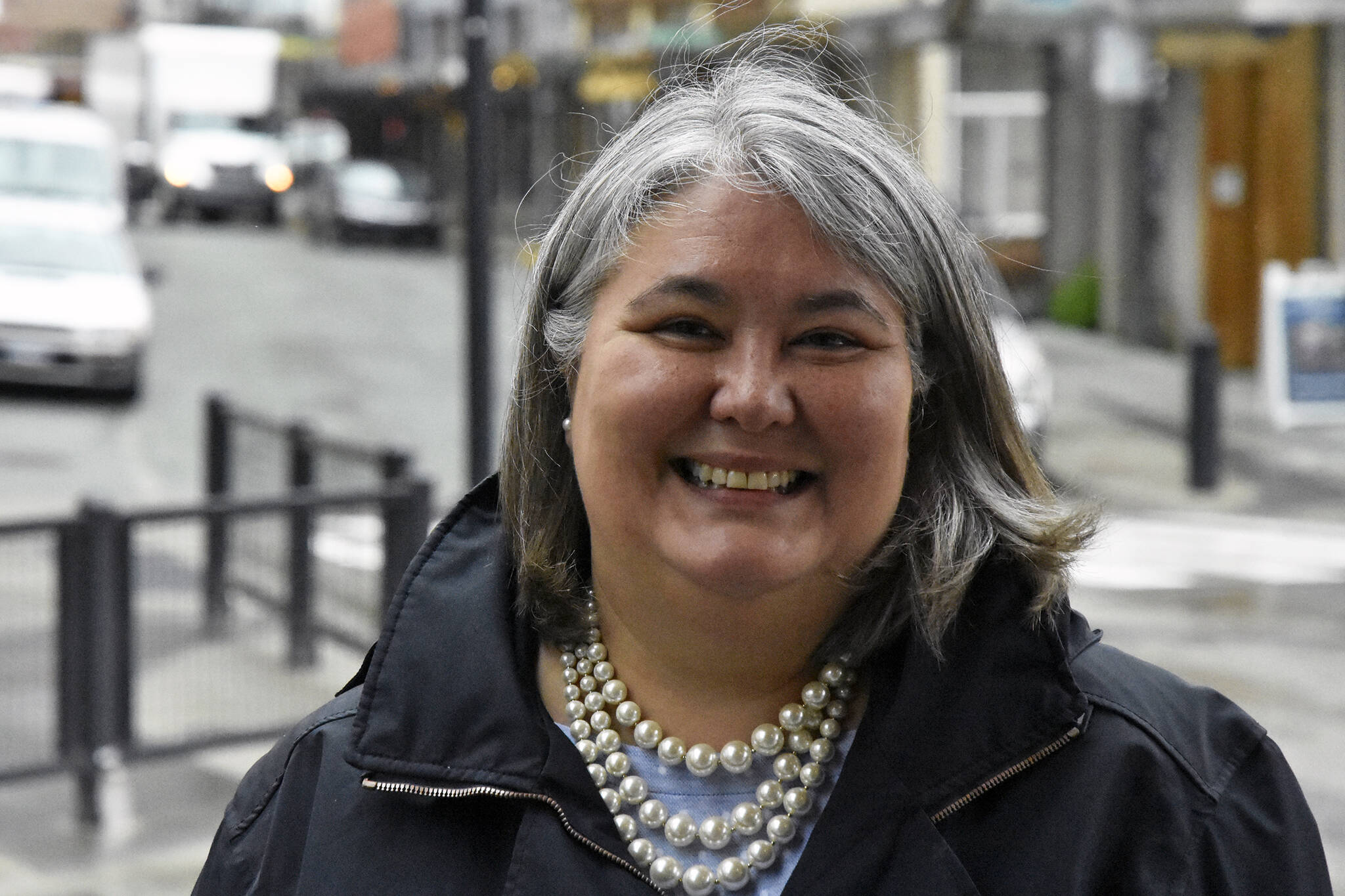In a crowded field for Alaska’s lone seat in the U.S. House of Representatives, Tara Sweeney says she’s the only one of the 48 candidates to be forward-thinking about Alaska’s most pressing issues.
“I strongly believe that Alaska needs someone with experience, both on the congressional side and with the executive branch. I bring that to the table,” Sweeney said in an interview with the Empire. “I spent two decades walking the halls of Congress.”
Sweeney worked for Arctic Slope Regional Corp., eventually as executive vice president of external affairs, where she worked with federal lawmakers on energy policy. in 2018, she was appointed by President Donald Trump and confirmed unanimously in the U.S. Senate as Assistant Secretary of the Bureau of Indian Affairs, the first Alaska Native and the second woman to hold the position, according to the bureau. She also served as chair of the Arctic Economic Council — an international economic development group — and as co-chair of the Alaska Federation of Natives.
Sweeney said she is an Alaskan for all Alaska, and although a Republican said she would work across the aisle where it served the state’s interest.
[House votes down Senate’s budget as end of session nears]
“An effective leader for Alaska will have the ability to build bridges and create relationships,” Sweeney said. “I’ll be focused on a collaborative approach. People are tired, there’s a lot of political fatigue. People are fed up with the divisiveness in the state and across the country.”
But she was also critical of federal regulations, which she said were stifling the state economy. The three pillars of her campaign, Sweeney said, are the economy, jobs and healthy communities. Sweeney said one of her goals was establishing what she called an “Alaska standard” for regulation in the state, and that she wanted to have conversations with Alaskans about what that might look like.
“When the federal government looks at the application of national politics, oftentimes there’s a one size fits all approach,” Sweeney said. As Alaskans, we know that approach is flawed and why it doesn’t work.”
Sweeney said the state needs to establish some kind of baseline standard that can be used when looking at applying policy in Alaska.
“When you have to account for a shortened construction season and you need certainty into the regulatory process,” Sweeney said. “Are there certain provisions that we can consider that account for those unique windows and time frames so we can build more certainty into these development projects?”
But while frustrated with government regulation, Sweeney said she still saw a role for supportive services and that the state needs to have more of a conversation about the impacts of climate change.
“Looking at healthy communities, it involves food security, in involves wrap-around social services for people that are experiencing some type of trauma,” Sweeney said. “We need a strong education system to promote healthy communities and promote a labor force.”
There are currently 48 candidates vying to serve out the rest of Rep. Don Young’s, R-Alaska, term as Alaska’s only representatives in the U.S. House of Representatives. A special election to immediately replace Young has been scheduled for August, and the primary is June 11. Sweeney is one of 20 candidates that have also filed to run in the regular election in November.
“I believe that I am the only person that is forward-thinking among the 47 others on these issues,” Sweeney said.
• Contact reporter Peter Segall at psegall@juneauempire.com. Follow him on Twitter at @SegallJnuEmpire.

